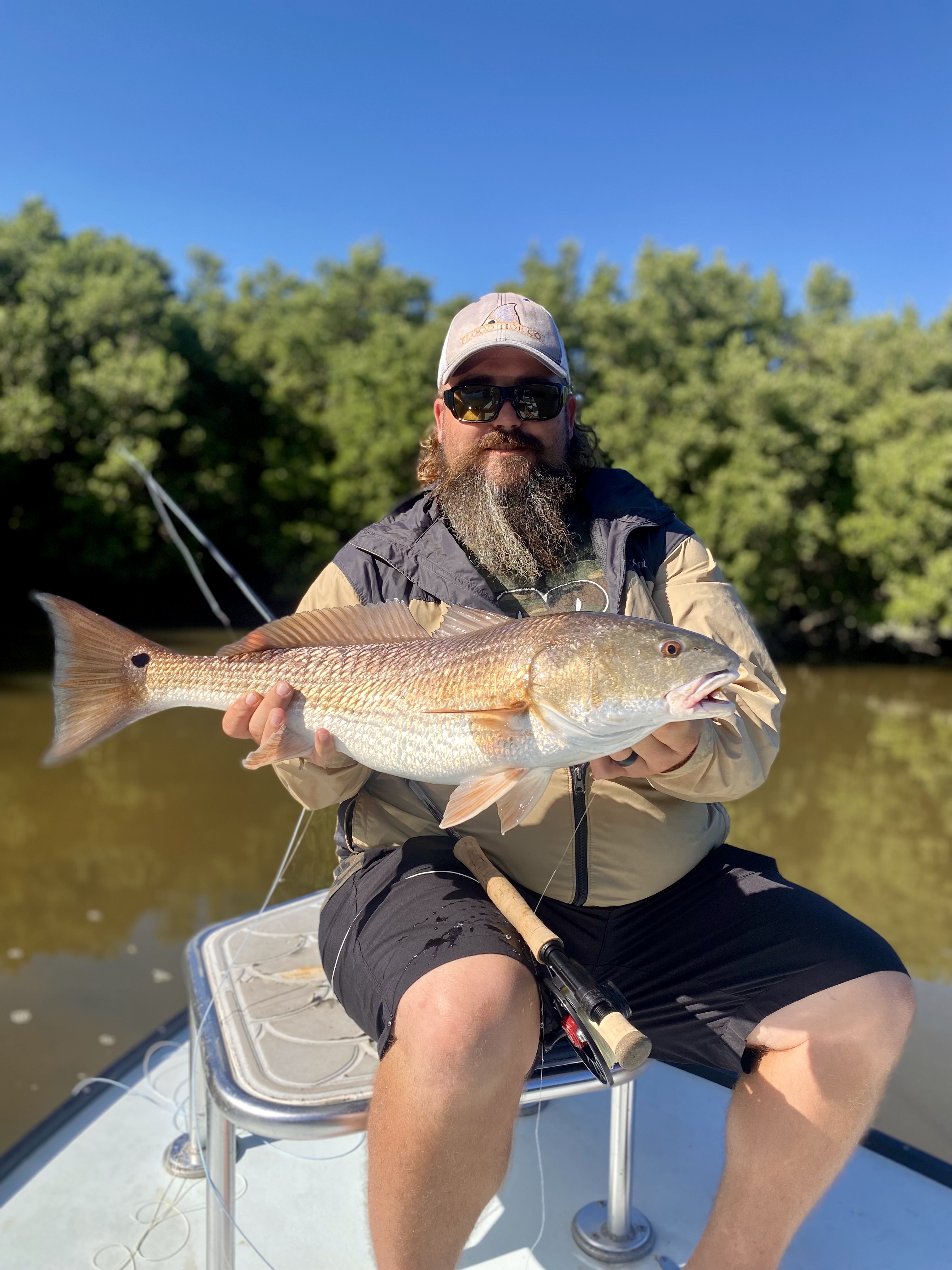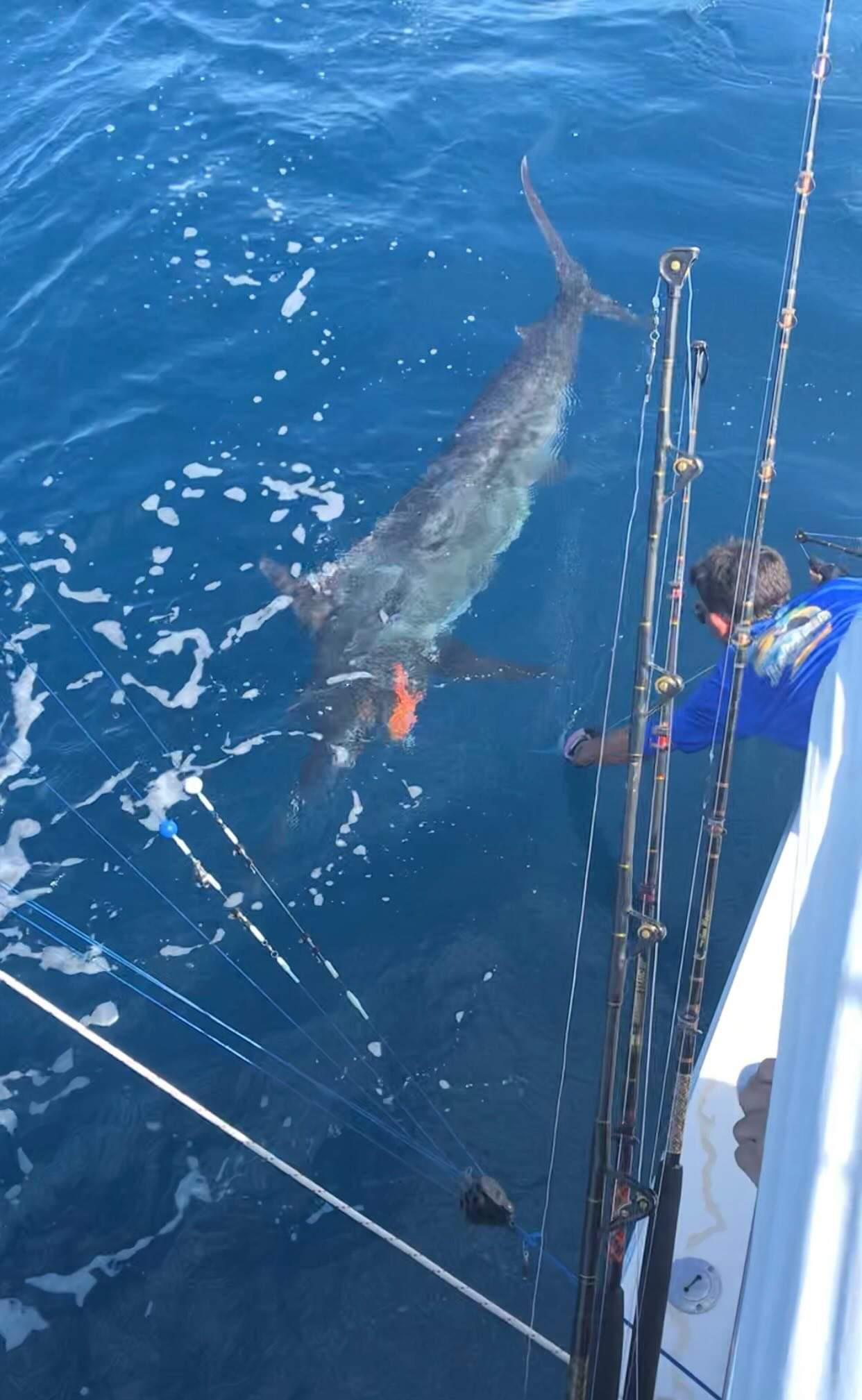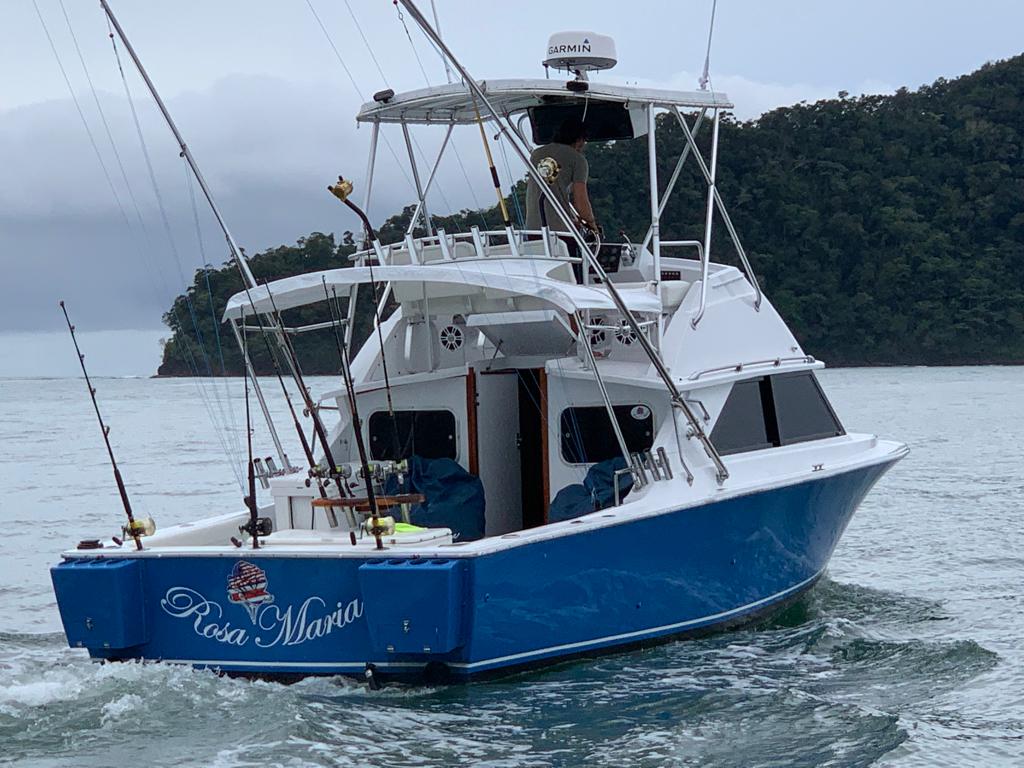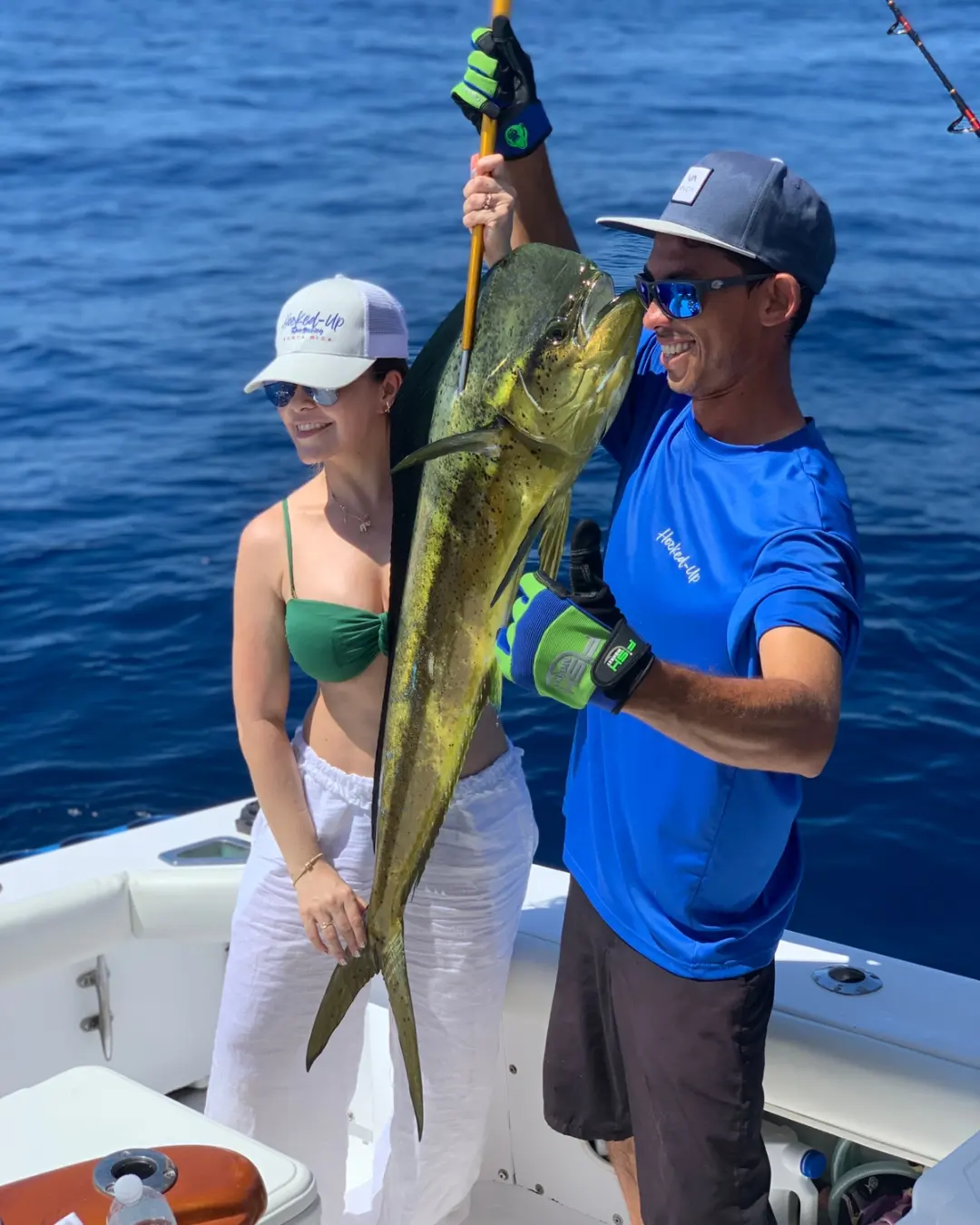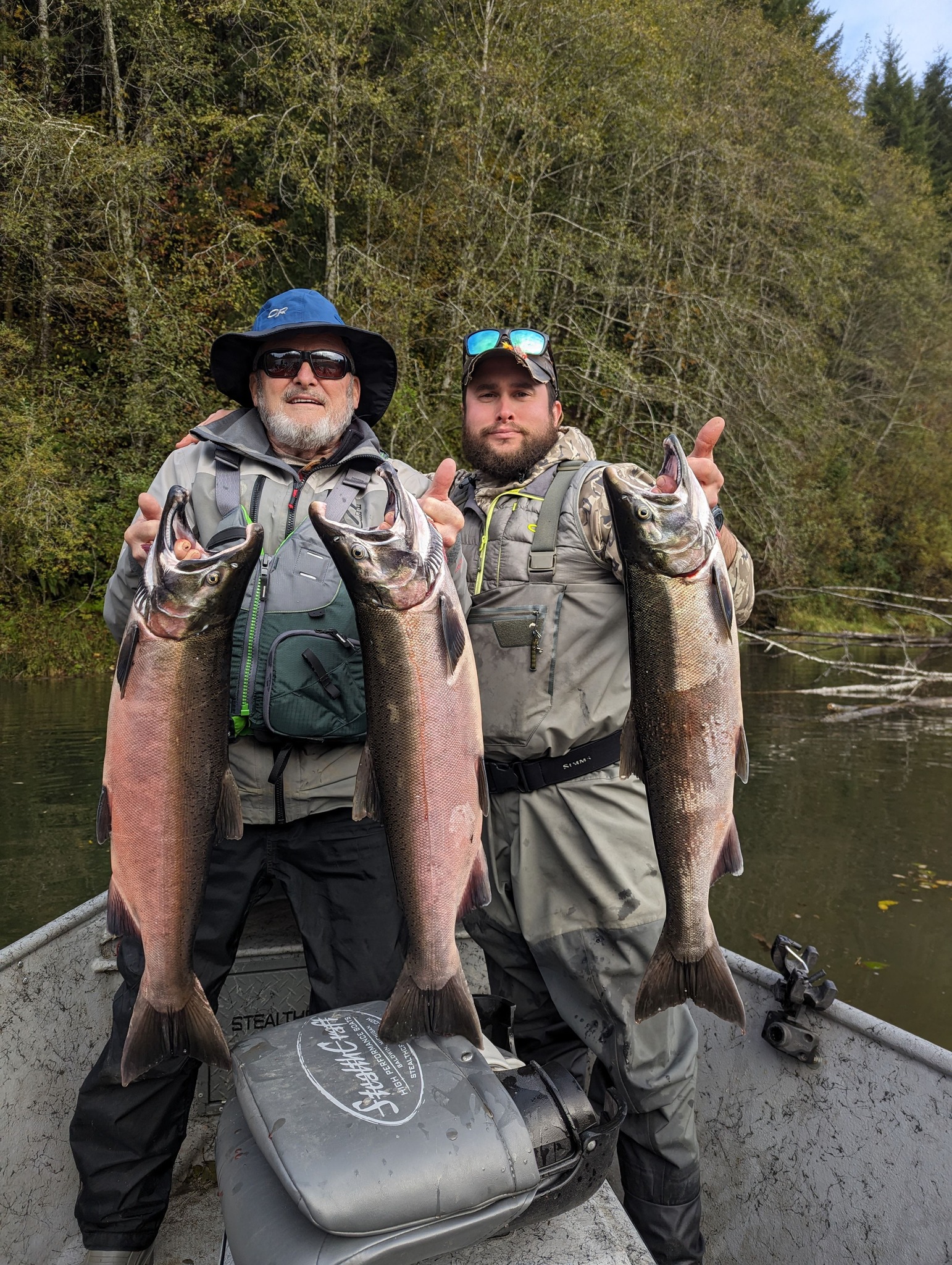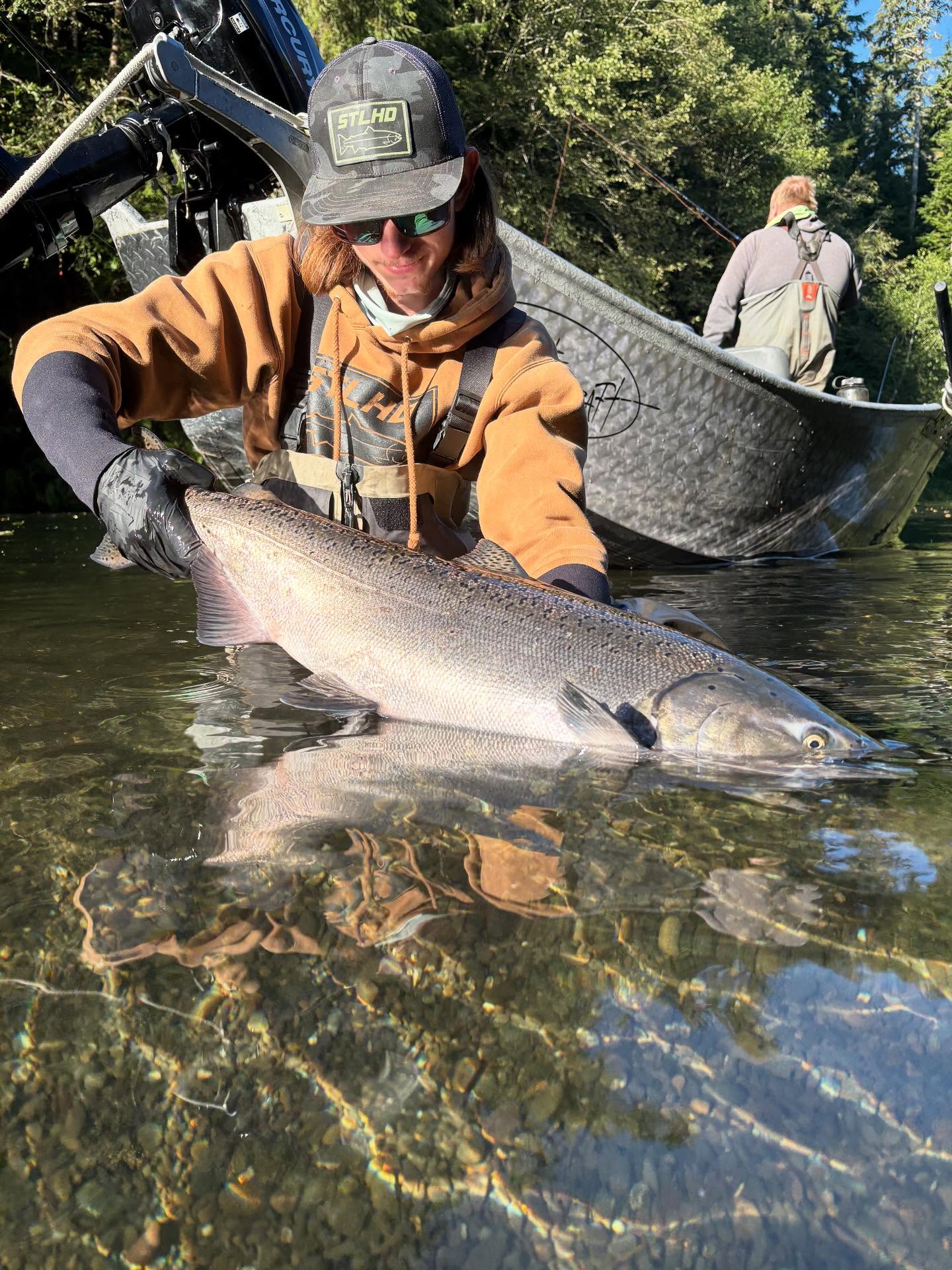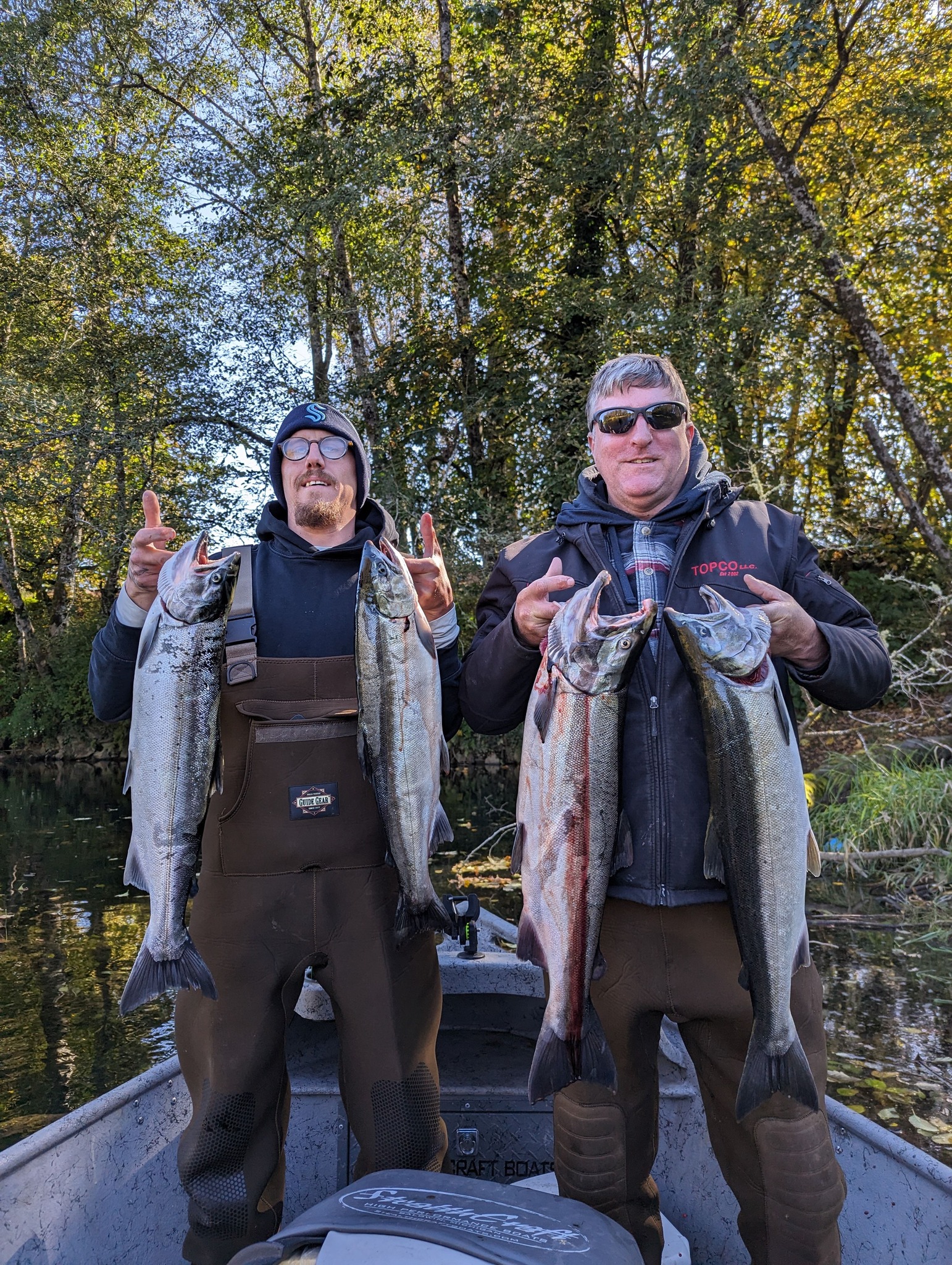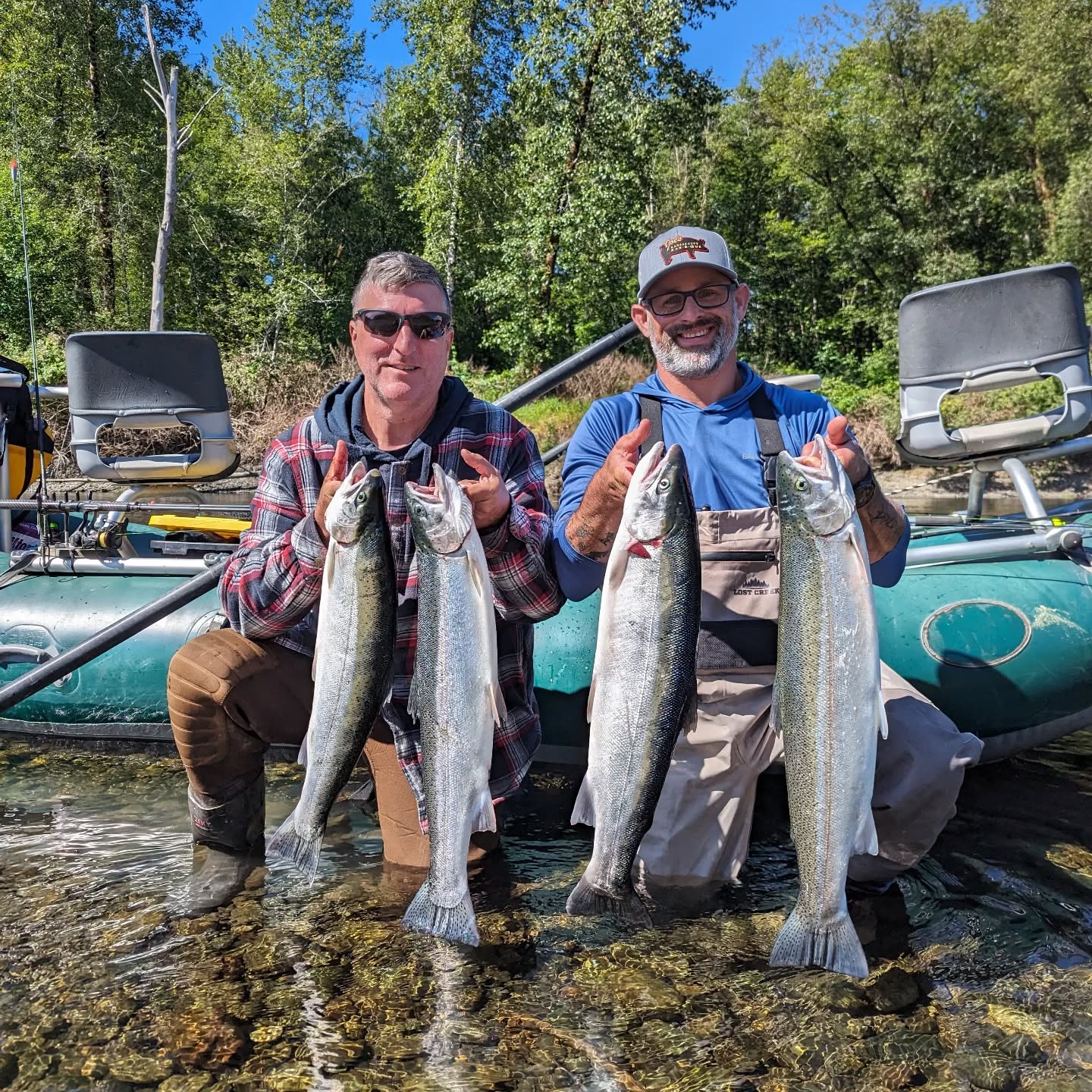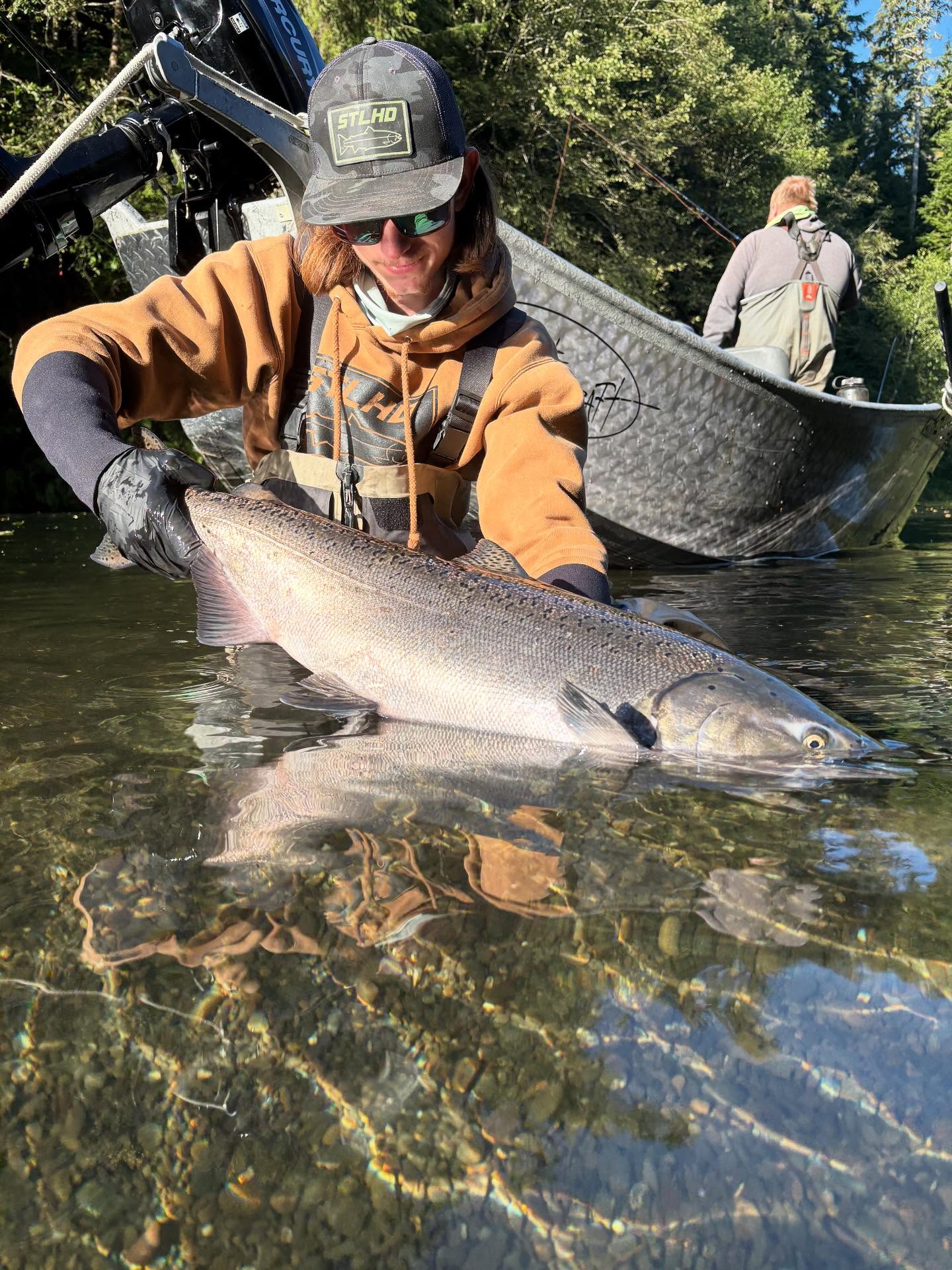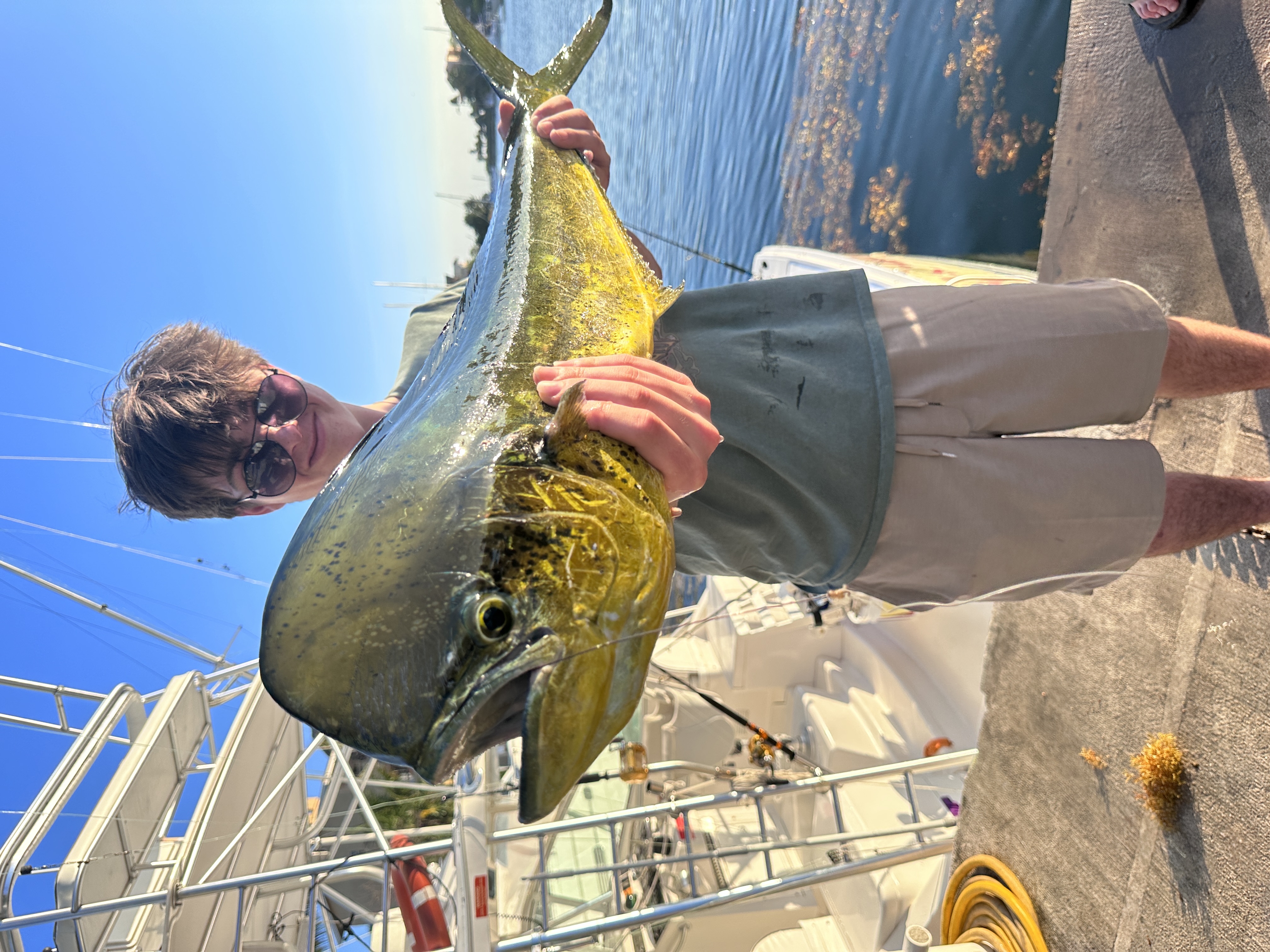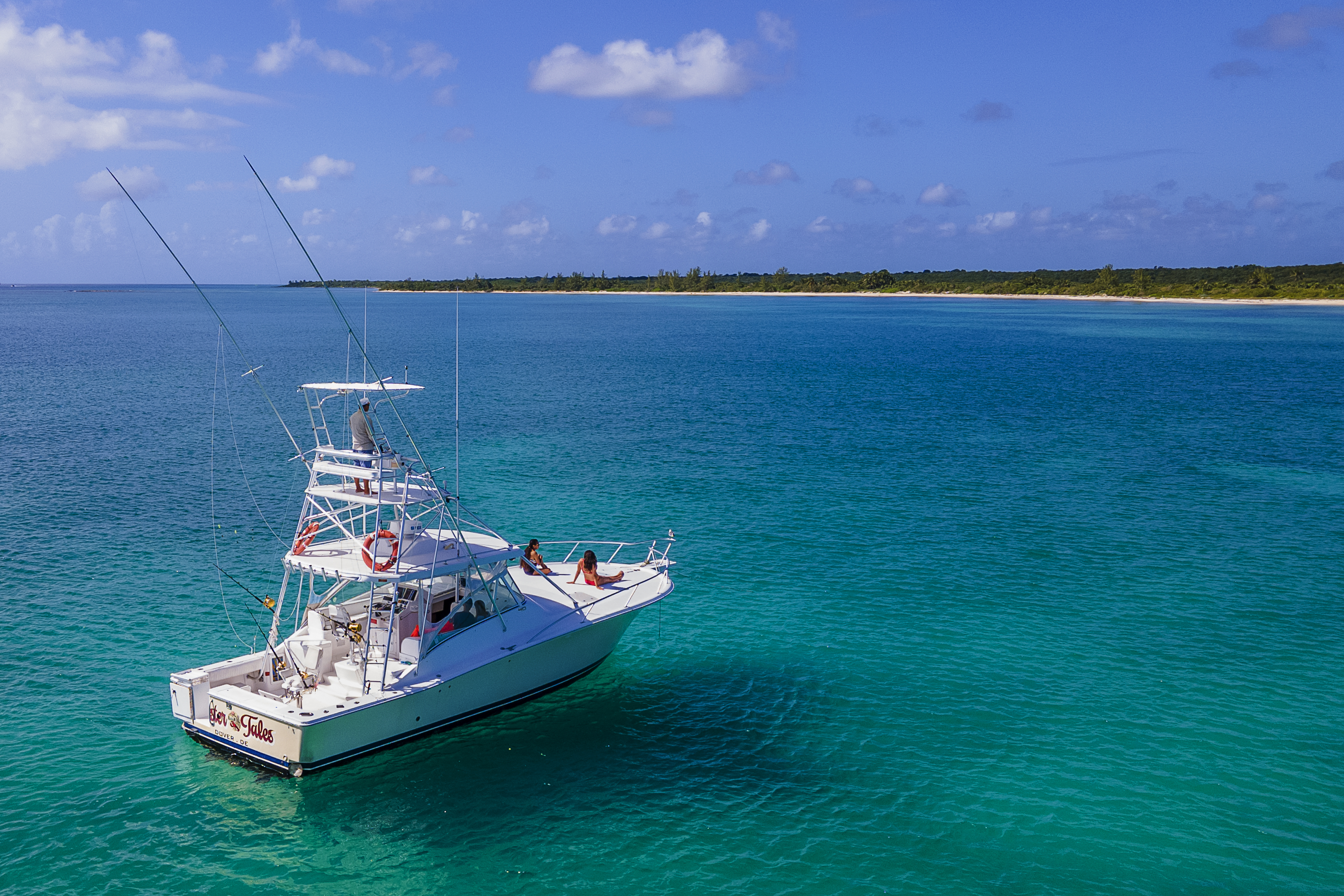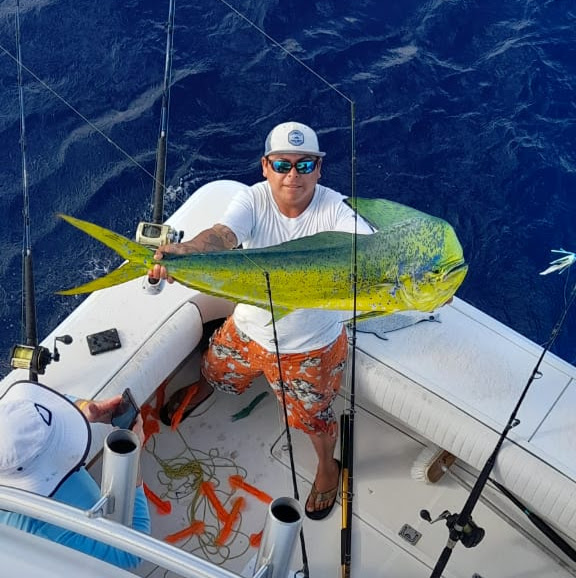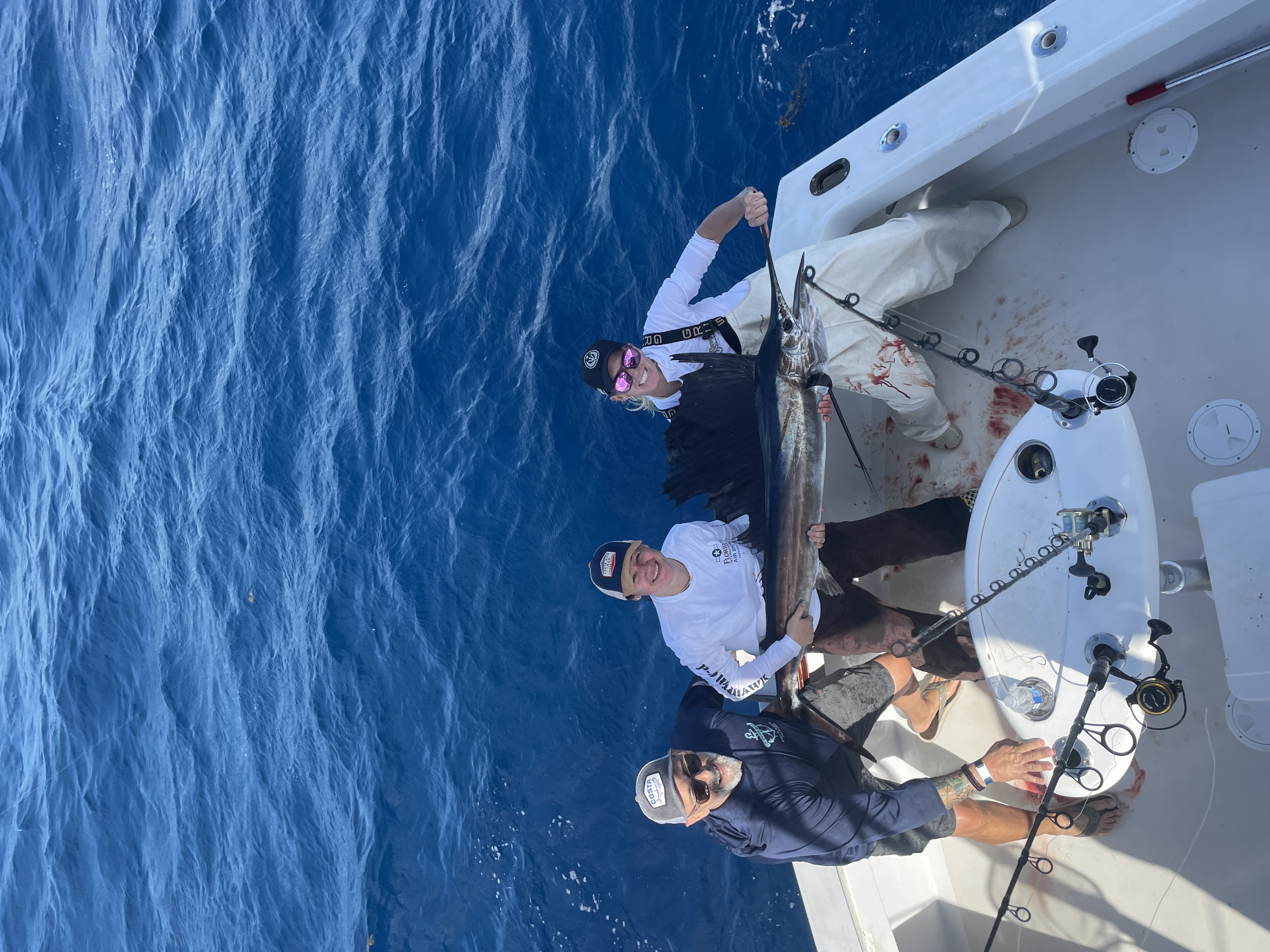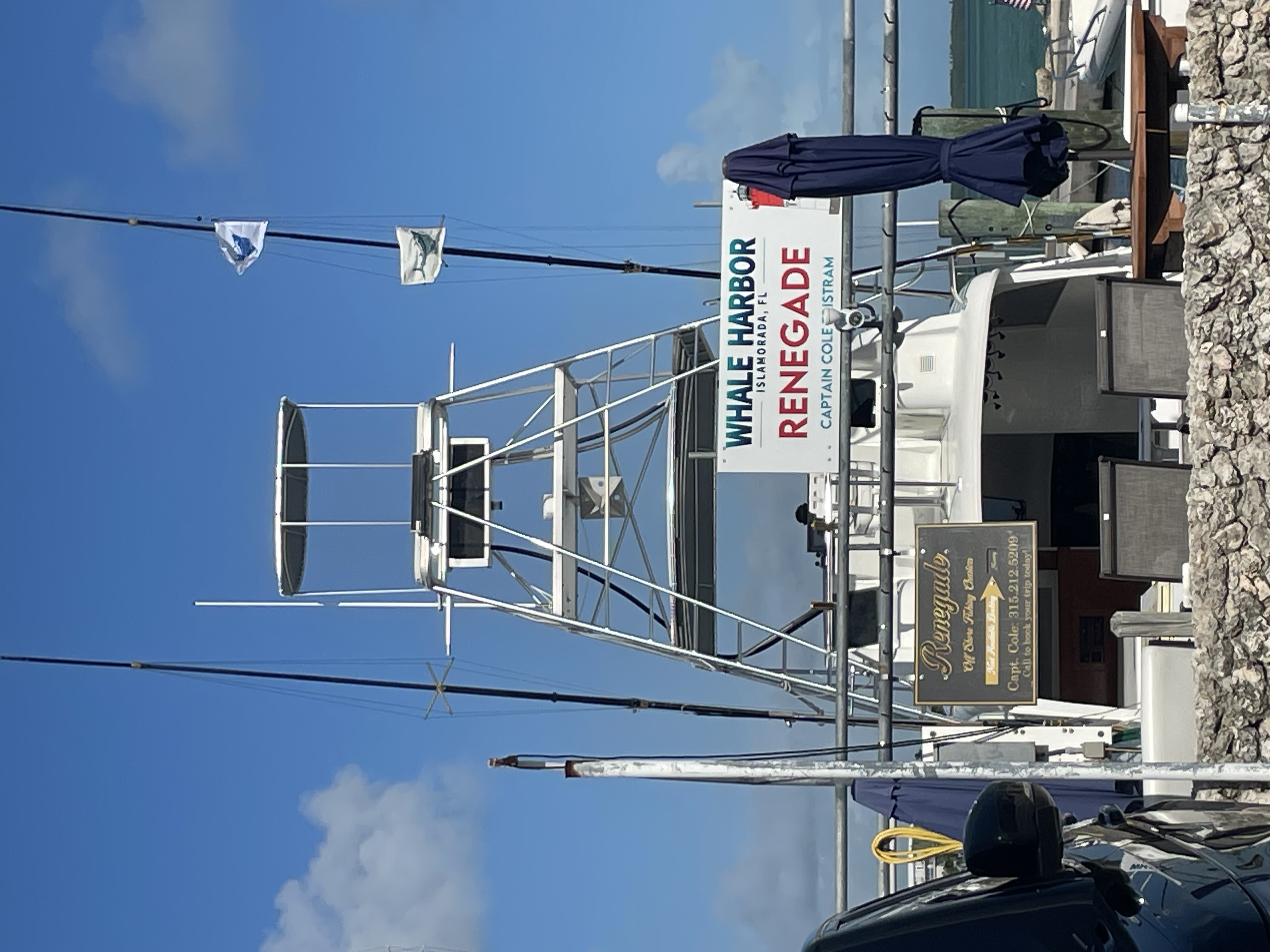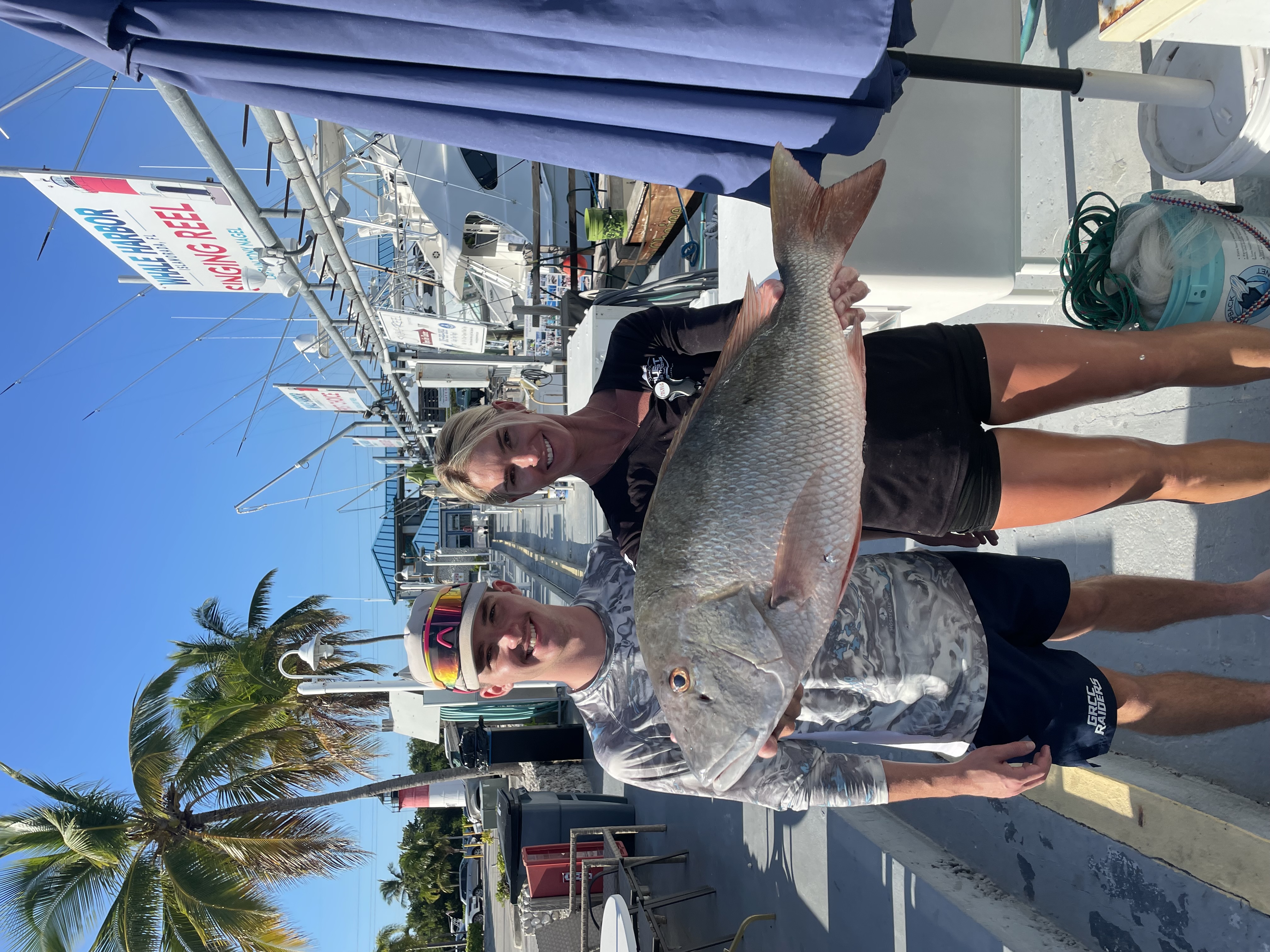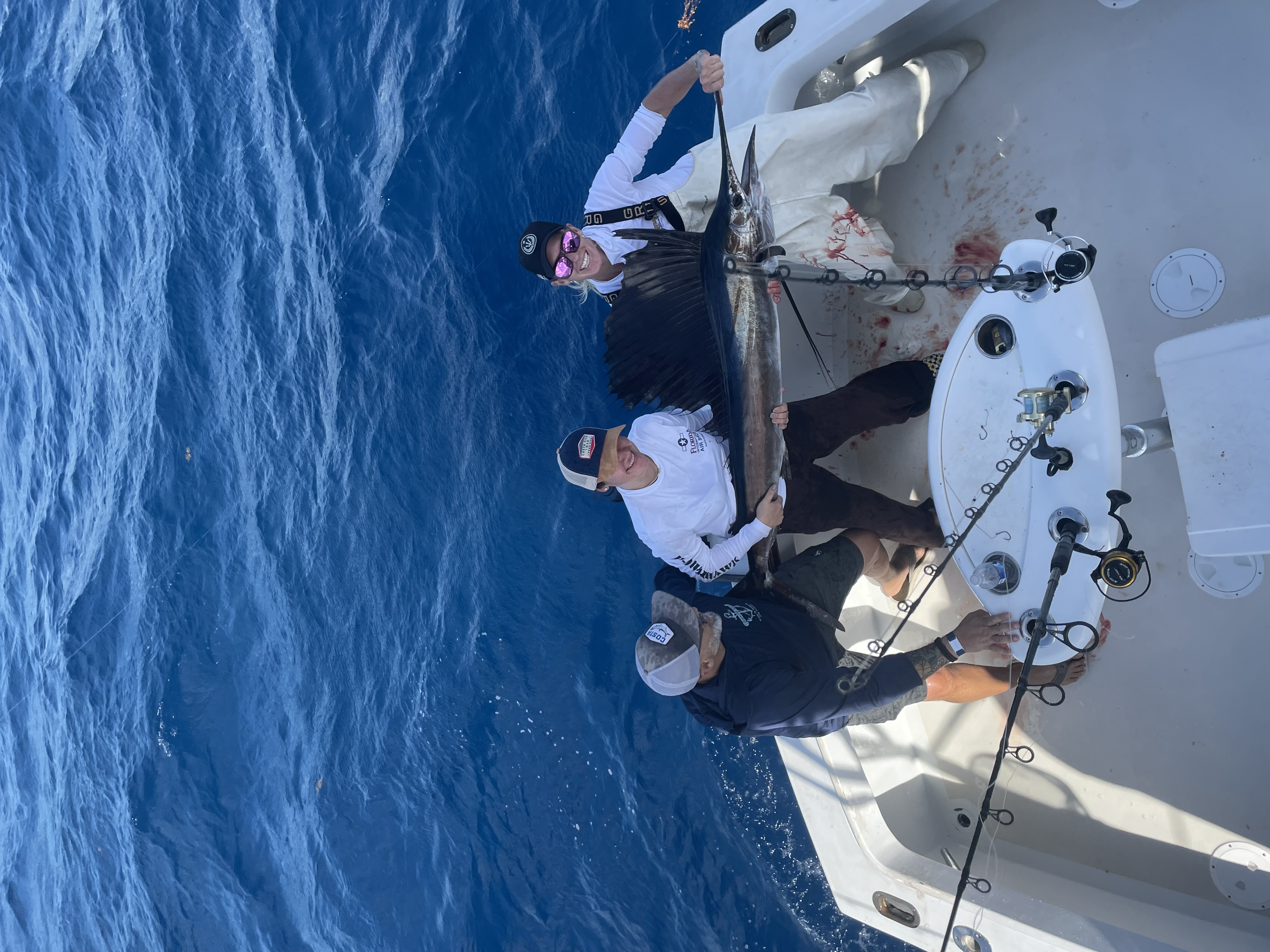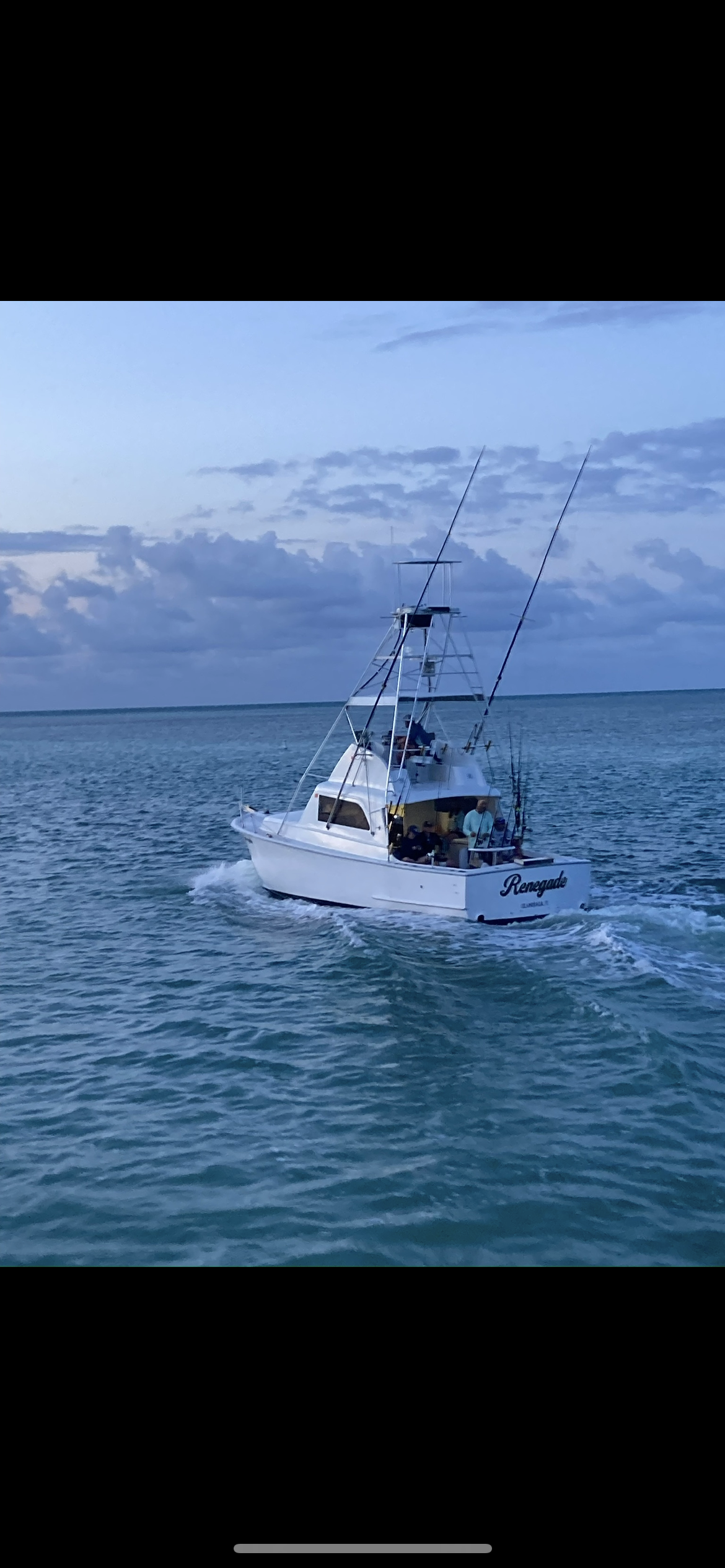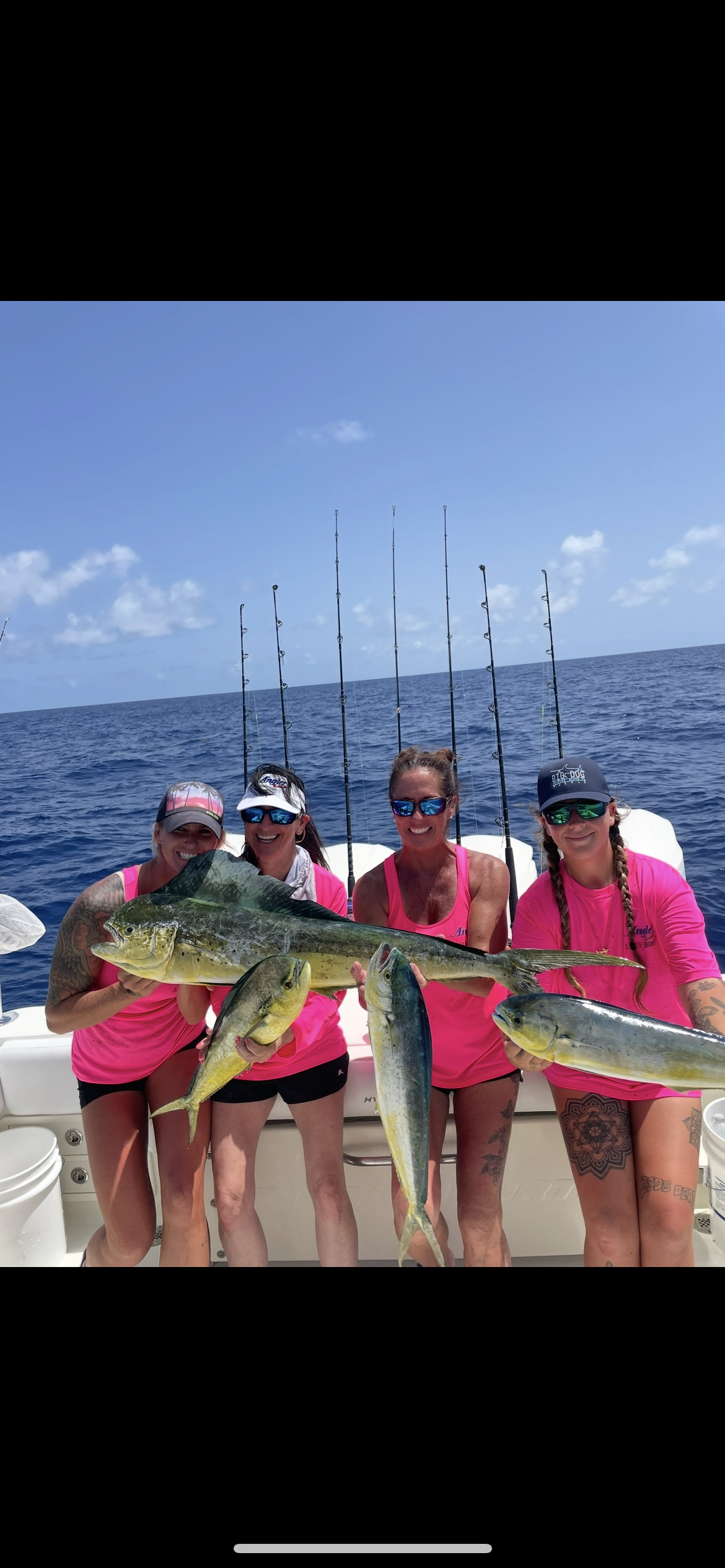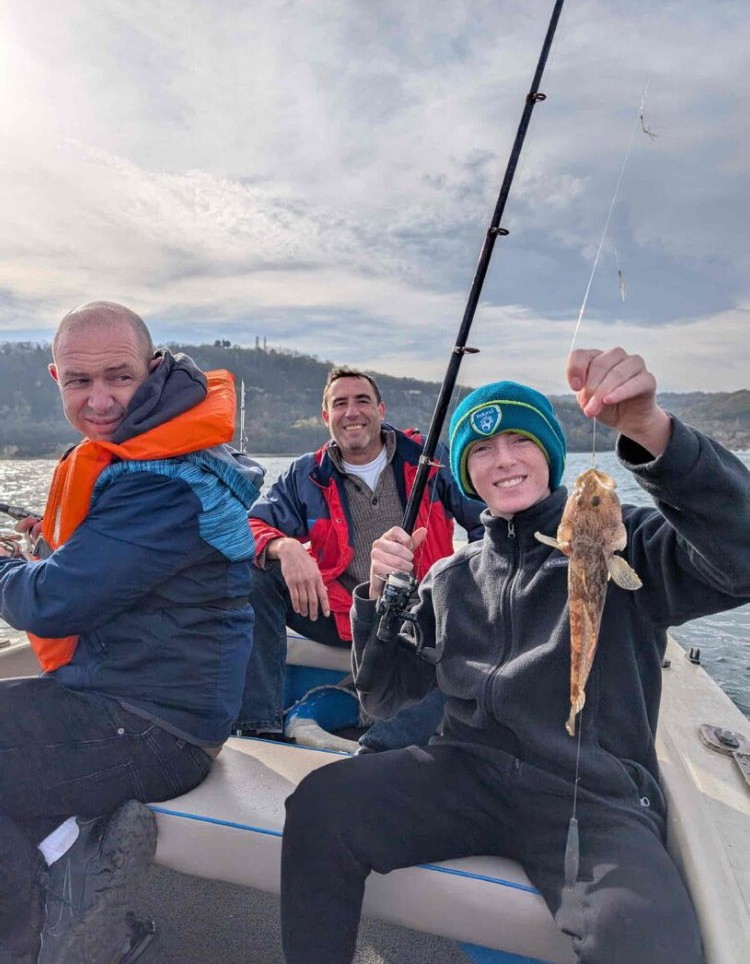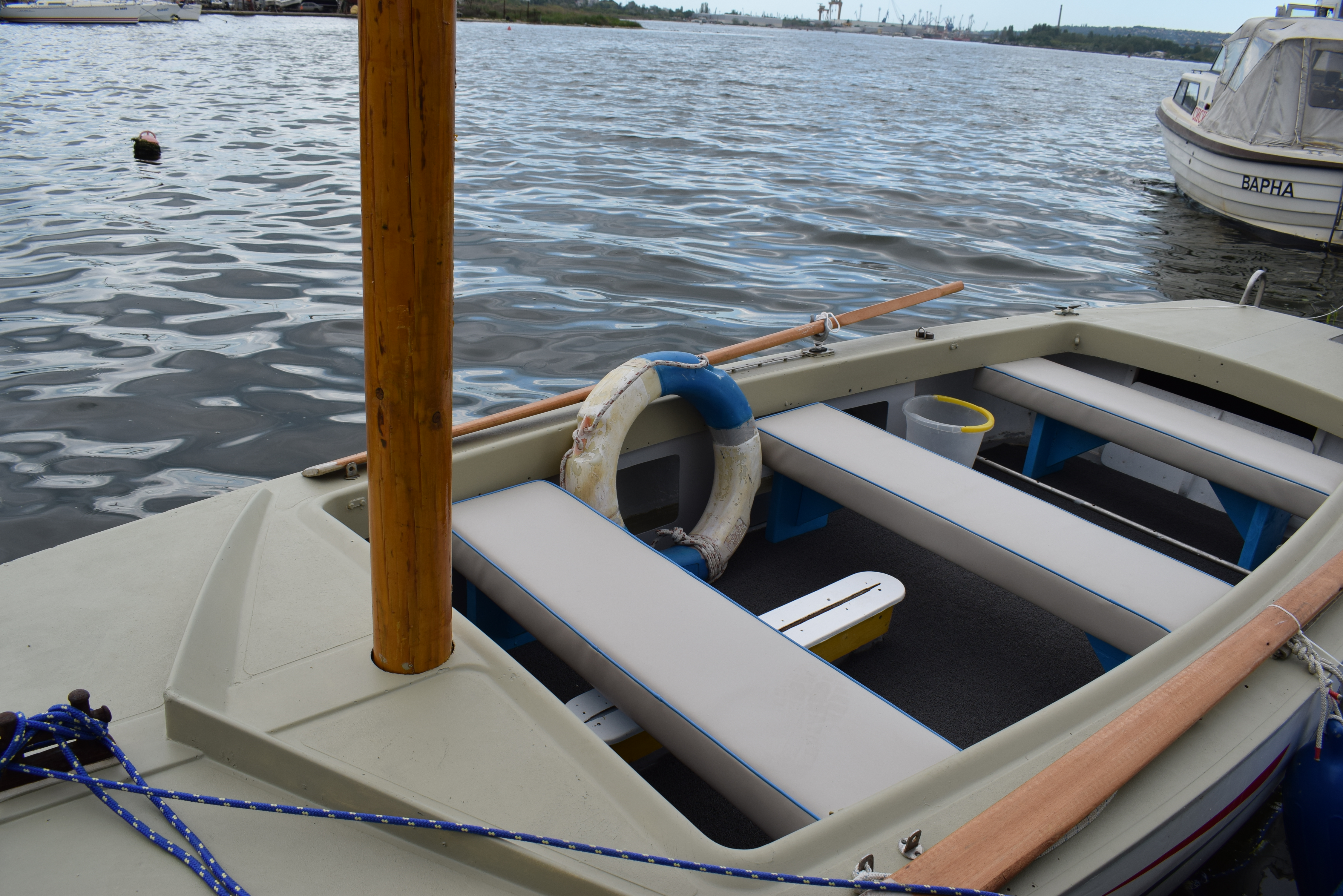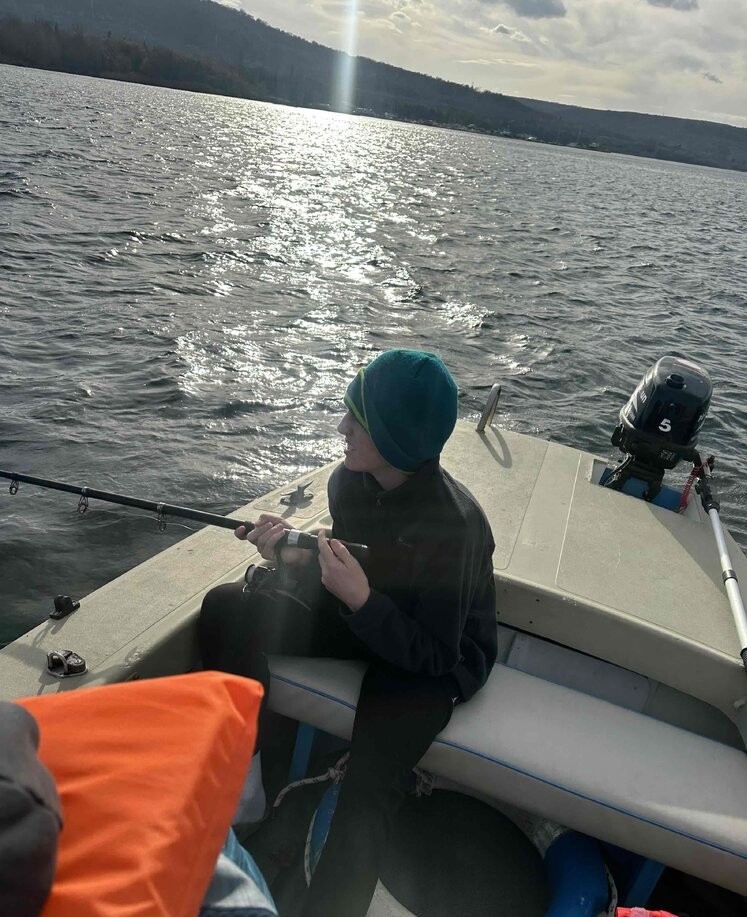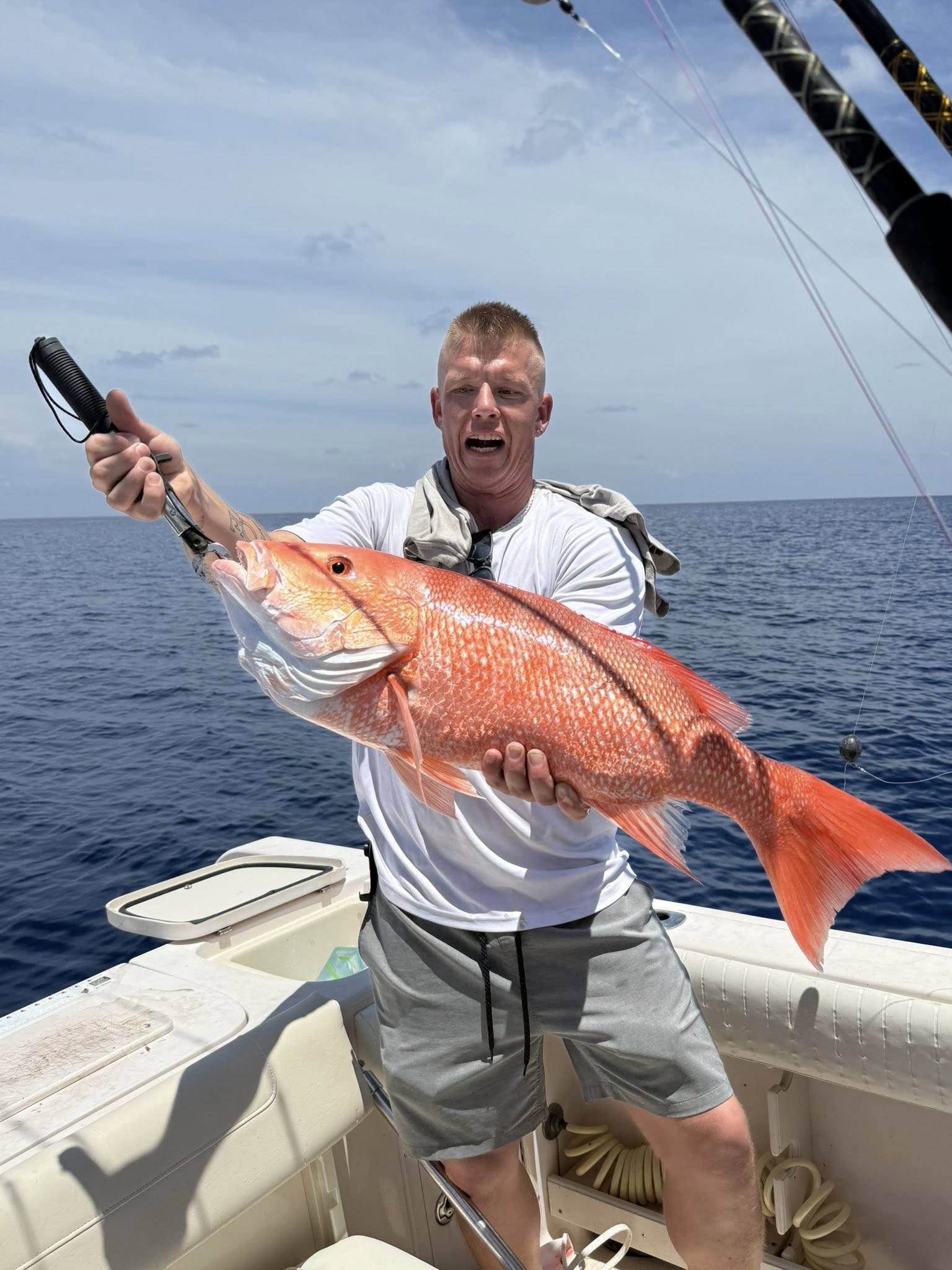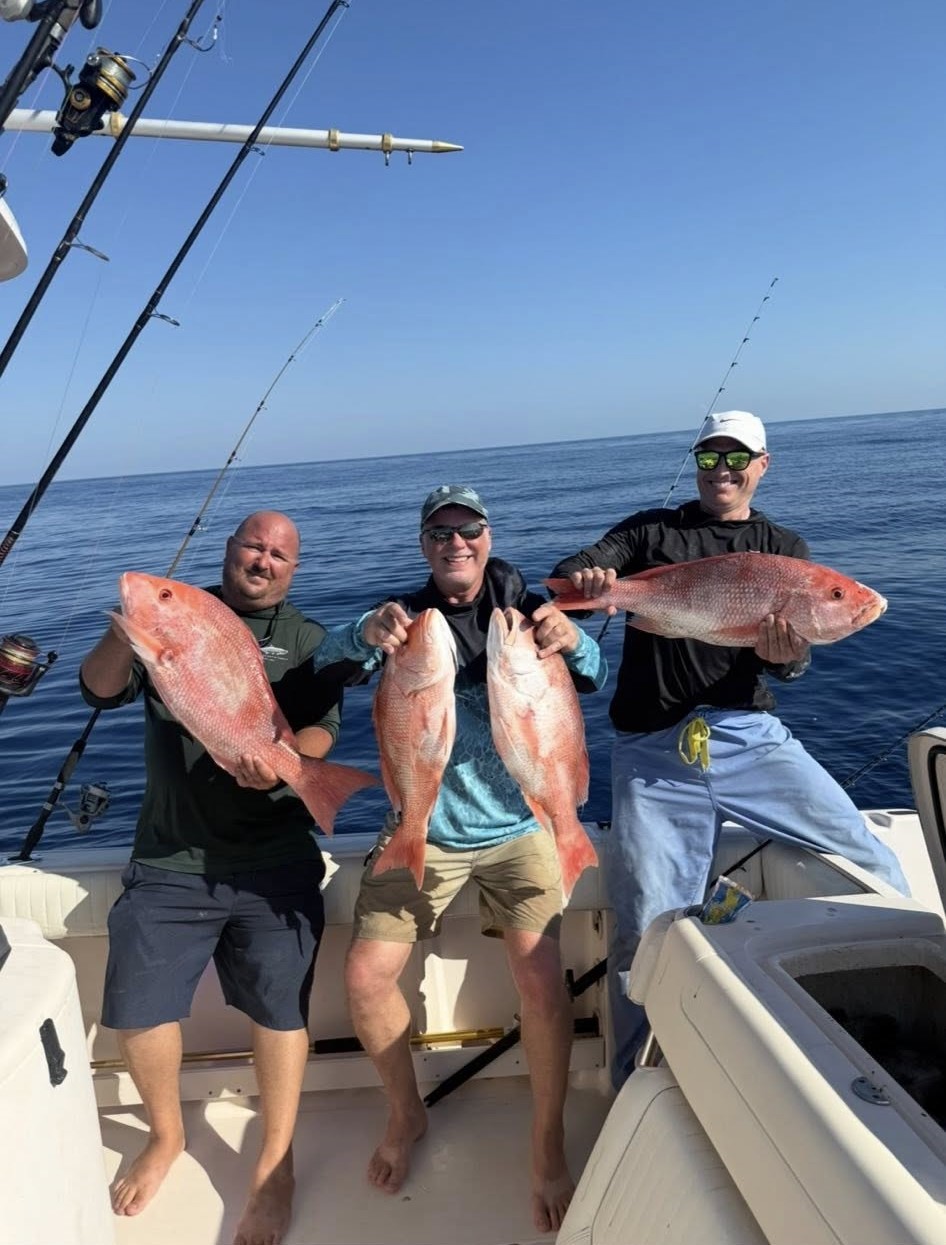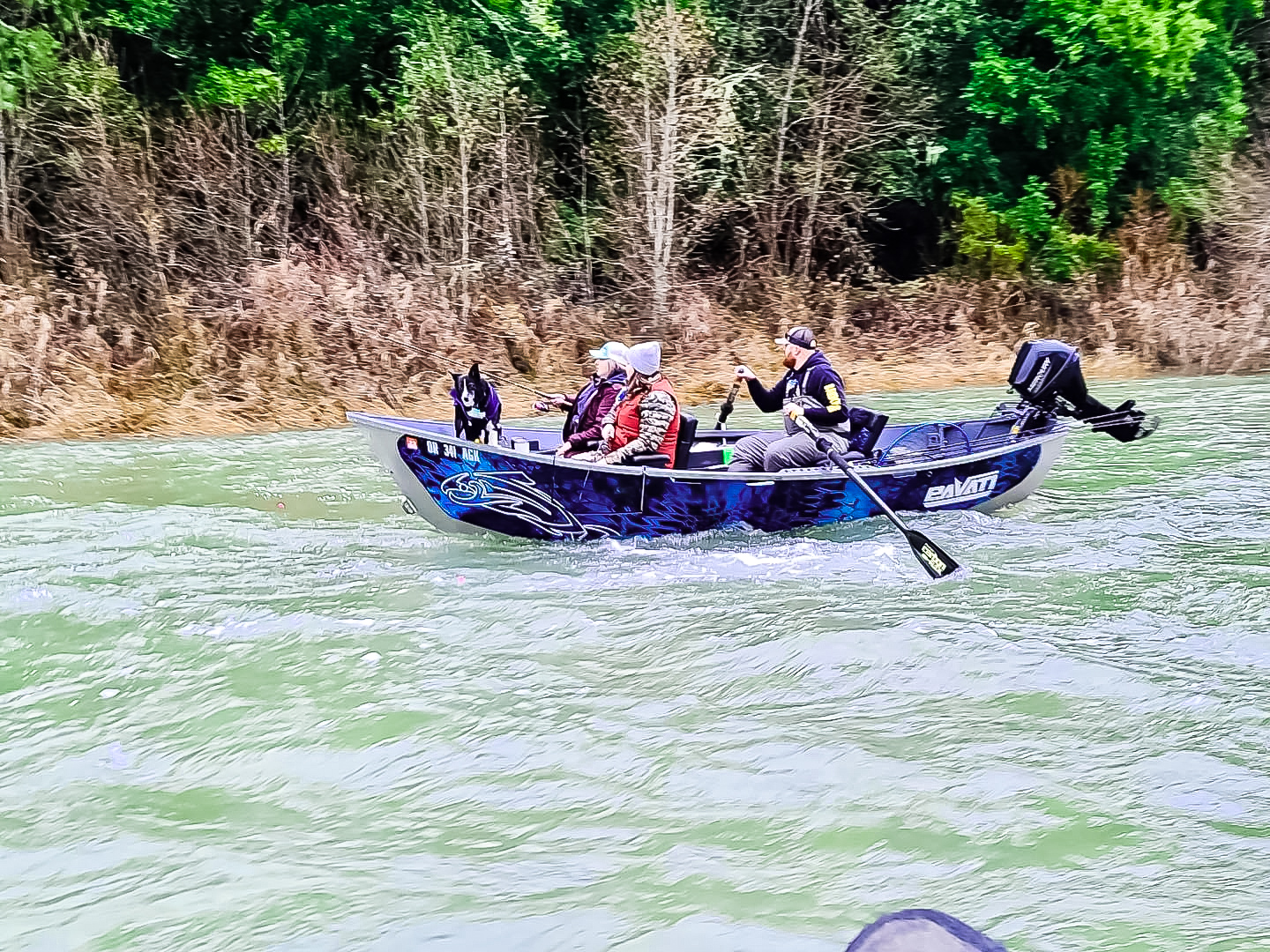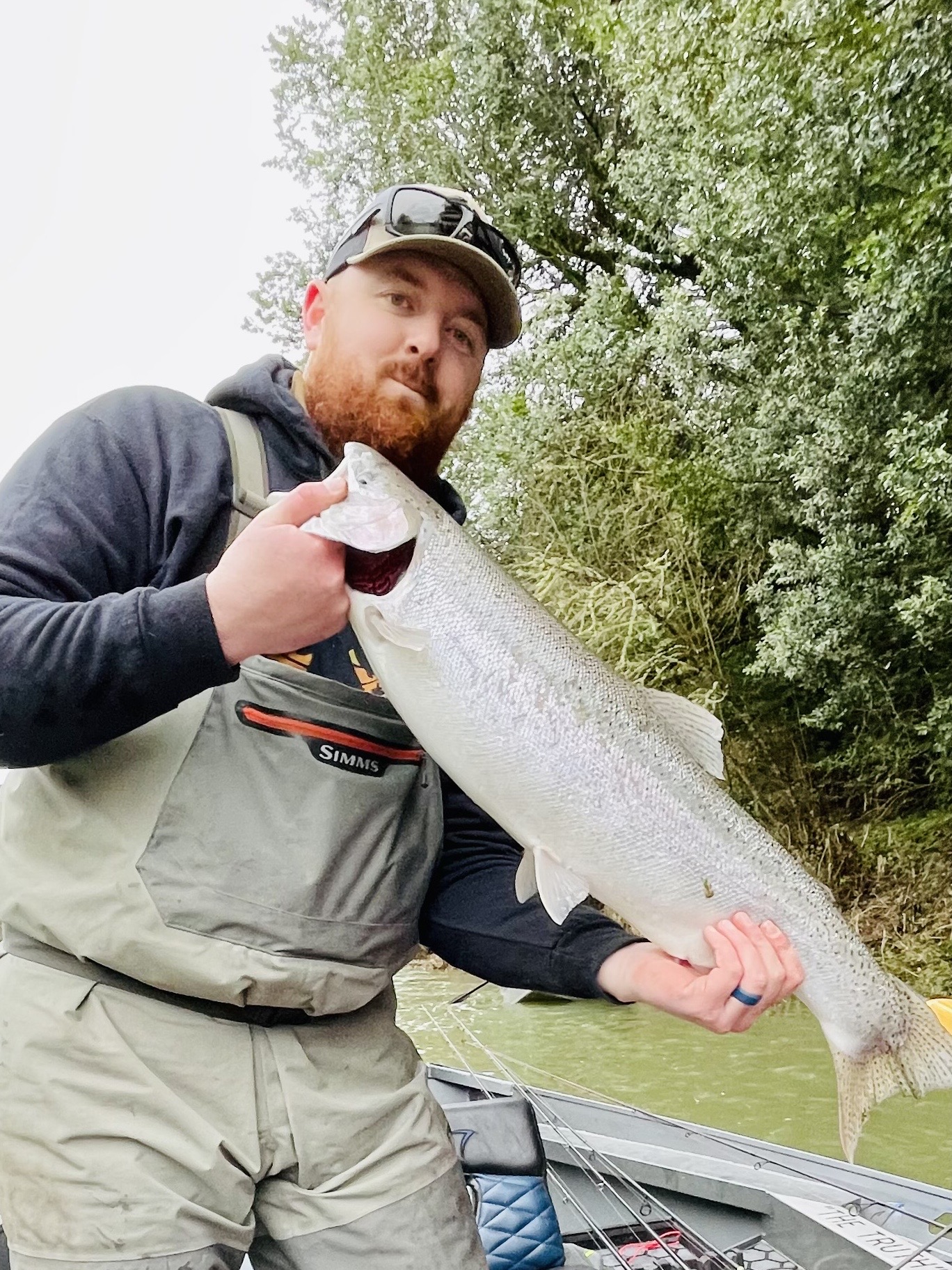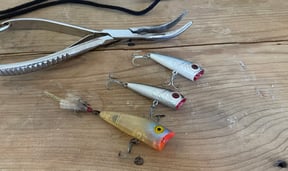Inshore, Flats Fishing in Pineland
Fly Fishing Pineland
Deep Sea Fishing in Playa Herradura
Full Day Offshore
Salmon Fishing Trip
Steelhead Fishing Trip
Deep Sea, Nearshore Fishing in Puerto Aventuras
Fishing Charter, Puerto Aventuras
Deep Sea, Nearshore Fishing in Islamorada
4 Hour Half Day
Deep Sea, Nearshore Fishing in Islamorada
6 Hour 3/4 Day
Black Sea Trips
Deep Sea, Nearshore Fishing in Sarasota
Red Snapper December Re-Open
Winter Steelhead
We started Captain Experiences to make it easy to book fishing and hunting guides around the world. With over 2,000 Damn Good Guides, our platform makes finding and booking a trip seamless. Head here to check out our trips.
Luck on Boats
Every culture in the world has an abundance of superstitions and traditions that are unique to them. When it comes to luck and tradition, anglers have always been among the most superstitious. There have been rituals for better harvest or favorable weather along with symbols of both good and bad luck since the first person caught a fish.
When boats began to travel long distances to connect faraway places, some superstitions became more widespread while others were localized to only one country or a single fishing village. Most of the superstitions anglers have today evolved from complex beliefs that extended beyond fishing and began hundreds or thousands of years ago. Whether any of these superstitions carry any weight or not we will never know, but they can be hard to ignore when the fishing is hot or cold. Whether you believe in them or not here are some of the most prominent and interesting superstitions held by anglers.

In many cultures found around the world, you must make an offering to the gods before heading out on a trip. Depending on the culture, offerings can vary from personal items, drinks, or money. The offering had to be valuable to make sure the gods would be pleased. The most common way to present your offering to the gods was to simply throw the item in the water. The belief is that if you please the gods or spirits that control the ocean, you would be able to travel safely, catch more fish, or both.
2. Drink Whisky After Preparing the Gear
Scottland is well known for producing great whisky known around the world as scotch. Drinking happens fairly often among anglers and it’s no surprise that the old Scottish fishermen had a tradition of drinking whisky for good luck.
When fishermen had to prepare their lines and nets, it was required that they started and didn’t stop until everything was ready to go. If a visitor or guest showed up while the work was still being done they would be given money and sent to buy whisky. After all of the lines and nets were done, the fishermen would come together and drink whisky which was said to bring good luck for the coming trip. They would also pour whisky on any new gear that hadn’t been previously used.
While this tradition sounds wasteful it does sound like a good time whether it brings good luck or not. There’s also a good chance that some anglers have accidentally continued this tradition.
3. Pineapples are good luck
Fishermen have been closely tied with pineapples for thousands of years. Their long history together is the reason why you can still find pineapple-shaped decor all over the coastal united states. Pineapples have a lot of meaning attributed to them throughout history but good luck and hospitality are the two most common when it comes to fishing and sailing the sea.
The pineapple became a symbol of hospitality because trade ships in New England would sail to the Caribbean and South America to do business. Captains would commonly return home with a pineapple that they would stick on the gate or fence in front of their home. This was done to tell their friends that they had safely returned home and were ready to entertain guests with delicious meals and great stories.
The pineapple is also believed to bring good luck, better fishing, and calm seas when brought on a boat. This originally began with island people putting a pineapple on the bow of their boat. Pineapples are supposed to be the opposite of bananas which are notorious for being bad luck on boats, more on that below.
4. King of Fishes
The was a belief among fishermen in Brighton that an exceptionally large fish of each species which are the “king of fishes.” If you happen to catch this fish you had to quickly return it to the water out of respect for the fish. If you did not return the king of fishes to the sea then you were destined to get lost in a terrible storm.

Over the years a similar tradition has evolved where you should always through back the first fish you catch. Similar to the king of fishes it is done out of respect for the fish and shows the spirits that you are not greedy. Thankfully this superstition doesn’t seem to have consequences like the king of fishes does.
5. Man Overboard
This is one of the more difficult to understand rituals which was to throw a crewmember overboard and then haul them back into the boat. Depending on where you look the origin of this tradition is usually associated with Scottish fishermen. They believed that by doing this at the begging of a trip it would ensure they had a successful trip. In other mentions of the ritual it was used when fishing was slow and they would throw someone overboard and pull them in because the activity would draw in curious fish. While this is a superstition that would not be condoned today, it shows that these Scottish fishermen meant business.
5 Bad Luck Fishing Superstitions
1. Bananas on Boats
This is the most well-known and universally practiced superstition in the fishing community. Bananas are bad luck on boats and if one of these yellow curses ends up on board it could mean no fish, bad weather, or mishaps on the boat. Most of the time though, bananas are just attributed with bringing general misfortune to the boat and everyone on board.
The most likely explanation for how bananas became bad luck started with early sailing ships that would travel long distances for trade. Bananas were brought on to the ships as cargo fairly frequently and as it turns out, this cargo had the potential to house the Brazilian wandering spider. This spider was once named the most venomous spider in the world and can be deadly with just a single bite. Things get worse when you put this in context because there was no treatment and on a large wooden ship you can’t escape the possibility of getting bit again. These spiders still manage to occasionally pop up in Europe and North America by hitching a ride inside shipments of bananas from South America which is exactly the same thing that would have happened back then.
With bananas carrying the possibility of bringing deadly spiders onboard that would kill sailors with no escape throughout their long trip across the ocean, it becomes very easy to
2. Women on Boats are Bad Luck?
This belief is confusing because having a woman on board was bad luck but having a feminine figure on the bow of the boat was good luck. This superstition dates back to when exploration and trade were done by boat which was difficult and dangerous. Captains believed that having women on board would distract the crew from doing their tasks. Having a distracted crew while traveling the open ocean for long stretches of time could mean disaster if the boat was not being maintained well. The bad luck went further than that with the belief that women also brought on storms and were the reason for unanticipated accidents. In the rare event that a woman was on a fishing boat, you can be sure that there would be no fish.
The superstitions around women on boats gets confusing because there were a number of more specific instances where they were good luck. Having the figure of a woman on the boat particularly on the bow would protect the boat and crew from being lost in a storm and grant them calm seas for safe travel. Despite being odd and contradictory, naked women were always welcome on ships although it’s hard to say how often this happened. Finally, if a woman was on the boat and gave birth to a baby it was considered exceptionally good luck and meant that there would be no issues for the rest of the trip.
These old superstitions about women on boats haven’t held up well in modern times with men and women heading out on fishing trips every day. They return to the docks safe and successful without getting naked or giving birth which puts these beliefs to rest.
3. Black Bags Mean Someone isn’t Coming Home
The origin of black bags being bad luck isn’t clear but it’s fairly popular among fishing guides. The most common explanation for the bad luck is that black bags are associated with body bags which can be a signal to the seas that you are prepared for someone to drown or other unfortunate events. It’s a fairly straightforward superstition that applies to most black bags including briefcases, suitcases, trashbags, backpacks, and more. Whether you believe it or not, it’s probably best to play it safe and leave the black bags at home.
4. Whistling While Fishing
This belief is that whistling while fishing will bring on bad weather, particularly strong winds. Its commonly referred to as “whistling up a gale” and is actually a fairly popular belief among anglers. There are also many different versions of this superstition with some saying you never whistle into the wind while others say no whistling at all. With this belief more than others, there seems to be a sense that the consequences are unstoppable and guaranteed to happen. Whether you believe in this superstition or just think it’s annoying, this is also a good one to just play safe.

5. “Good Luck” is Bad Luck
Telling an angler “good luck” before they head out is bad luck and seems to be a common superstition in the fishing crowd and other professions. To make things more unfortunate, the bad luck applies to both the person who said good luck and the person who it was said too. Performers also share this superstition and have even gone on to say “break a leg” instead of good luck as a way to avoid mishaps. The consequences of the phrase for anglers is generally not catching any fish, getting caught in bad weather, or having equipment failures. It’s easy to forget this simple superstition when you or a friend head to the docks for a fishing trip but you don’t want to be the person who curses the trip.
Superstitions & Fishing
While these are some of the most popular and obscure superstitions from around the world, it’s fairly apparent that everyone has their own. Some of these beliefs might be outrageous while others, like bananas, seem goofy but could be very serious. Whether you have superstitions or say that you don’t, our advice is to always play it safe and try not to anger the ocean.
Joey Butrus
Updated on July 26, 2023

May 13, 2024

November 15, 2023

November 7, 2023

April 26, 2022
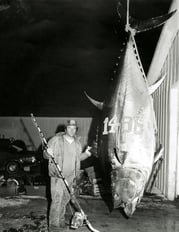
June 3, 2021
Related Articles
June 16, 2023
February 11, 2022
February 20, 2022
Featured Locations
- Fishing Charters Near Me
- Austin Fishing Guides
- Biloxi Fishing Charters
- Bradenton Fishing Charters
- Cabo San Lucas Fishing Charters
- Cancun Fishing Charters
- Cape Coral Fishing Charters
- Charleston Fishing Charters
- Clearwater Fishing Charters
- Corpus Christi Fishing Charters
- Crystal River Fishing Charters
- Dauphin Island Fishing Charters
- Daytona Beach Fishing Charters
- Destin Fishing Charters
- Fort Lauderdale Fishing Charters
- Fort Myers Fishing Charters
- Fort Walton Beach Fishing Charters
- Galveston Fishing Charters
- Gulf Shores Fishing Charters
- Hatteras Fishing Charters
- Hilton Head Fishing Charters
- Islamorada Fishing Charters
- Jacksonville Fishing Charters
- Jupiter Fishing Charters
- Key Largo Fishing Charters
- Key West Fishing Charters
- Kona Fishing Charters
- Lakeside Marblehead Fishing Charters
- Marathon Fishing Charters
- Marco Island Fishing Charters
- Miami Fishing Charters
- Montauk Fishing Charters
- Morehead City Fishing Charters
- Naples Fishing Charters
- New Orleans Fishing Charters
- New Smyrna Beach Fishing Charters
- Ocean City Fishing Charters
- Orange Beach Fishing Charters
- Panama City Beach Fishing Charters
- Pensacola Fishing Charters
- Pompano Beach Fishing Charters
- Port Aransas Fishing Charters
- Port Orange Fishing Charters
- Rockport Fishing Charters
- San Diego Fishing Charters
- San Juan Fishing Charters
- Sarasota Fishing Charters
- South Padre Island Fishing Charters
- St. Augustine Fishing Charters
- St. Petersburg Fishing Charters
- Tampa Fishing Charters
- Tarpon Springs Fishing Charters
- Venice Fishing Charters
- Virginia Beach Fishing Charters
- West Palm Beach Fishing Charters
- Wilmington Fishing Charters
- Wrightsville Beach Fishing Charters


